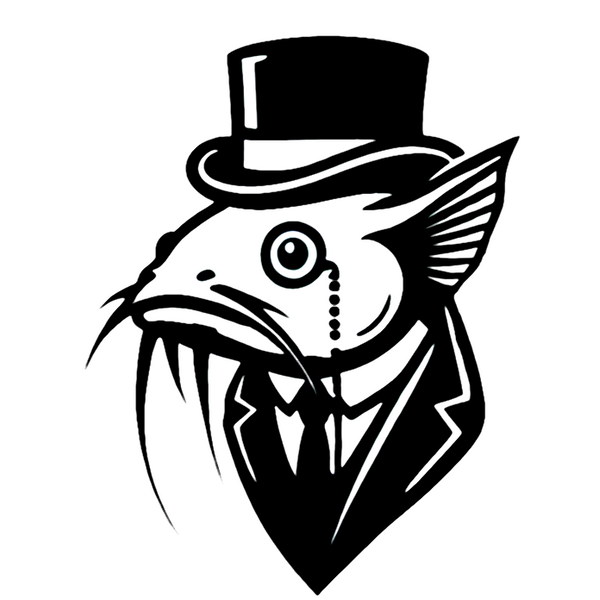Fancy Fish and Aquascapes
Pencilfish Beckford's Red ~ Nannostomus beckfordi
Pencilfish Beckford's Red ~ Nannostomus beckfordi
Couldn't load pickup availability
Beckford’s Red Pencilfish is a slender, torpedo-shaped fish known for its striking red coloration along the ventral side and distinctive horizontal black stripe. Native to the slow-moving, plant-rich waters of the Amazon Basin in South America, this peaceful and hardy fish is ideal for community and planted tanks. Its calm demeanor and unique appearance make it an appealing choice for aquarists looking to add a splash of color to their aquariums.
- Size: 1.5-2 inches
- Lifespan: 3-5 years
- Temperament: Peaceful, slightly territorial at times
- Group/Solitary: Best kept in groups of 6+
- Food: Omnivorous, fine flake food, micro-pellets, small live/frozen foods (daphnia, brine shrimp)
- Water Requirements: 74-82°F, pH 6.0-7.5, soft to moderately soft water
Beckford’s Red Pencilfish do best in a well-planted aquarium with subdued lighting to mimic their natural habitat. These fish are schooling by nature, so keeping them in groups of at least six or more helps reduce stress and brings out their natural colors and behaviors. They prefer calm tankmates, as more aggressive or overly active fish may disrupt their peaceful demeanor. A diet of fine-quality flake or micro-pellet food, along with occasional live or frozen foods like brine shrimp or daphnia, provides them with essential nutrients and helps enhance their color. Regular water changes and maintaining a stable environment will support their health and longevity.
In the wild, Beckford’s Red Pencilfish are found in slow-moving streams and rivers throughout the Amazon, where they swim among dense vegetation. They tend to stick to the middle and upper levels of the water column, and they are known for their unique “hovering” behavior, where they remain nearly motionless in the water.
Fun Fact: Unlike many other schooling fish, Beckford’s Red Pencilfish have an unusual habit of tilting slightly downward when they swim, a unique behavior that has evolved to help them blend into their natural environment.
